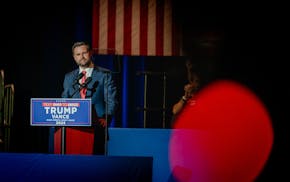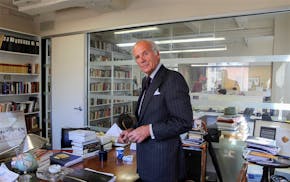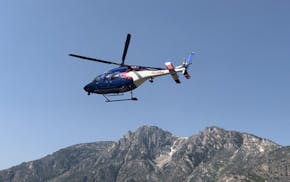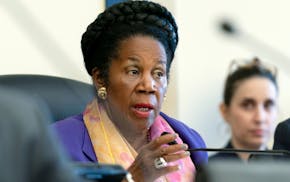WASHINGTON — The Biden administration is calling on states, territories and local governments to pay $100 to Americans who remain unvaccinated against the coronavirus to get their shots. The move comes as concern has grown about rising cases across the country, and the administration has shifted its strategy to focus on more personalized approaches.
The Treasury Department said Thursday that the money to pay for the vaccine incentive payments could come from the $350 billion of relief funds that is being given to states and cities as part of the economic rescue package that Congress approved in March. The incentive is intended to "boost vaccination rates, protect communities, and save lives."
The Biden administration has been tussling with some states over how the relief money can be used but earlier this year issued guidance that made clear it can go toward programs that are expected to increase the number of people who choose to get vaccinated. The Treasury Department said it will provide technical assistance for states and cities to help them use the money to boost vaccinations in their communities and it will be working with the Department of Health and Human Services.
States and cities have been taking creative approaches, such as lotteries, to encourage people to get vaccinated. Some experts, especially in the early days of the vaccination campaign, have expressed concern, though, over the idea of paying people to get vaccinated, worrying that it could be perceived as out of step with messaging that vaccines bring enormous benefits on their own. Opponents of the idea have also questioned whether paying people is the best use of funds to encourage people to get vaccinated.
Mayor Bill de Blasio of New York City said this week that the city will begin offering $100 payments as part of an incentive plan to spur more people to get vaccinated. The program is expected to start Friday.
"I think when someone says here's $100 for you, that's going to make a big impact," de Blasio said.
Dr. Elisa Sobo, an anthropologist at San Diego State University who studies vaccine hesitancy, said that the payment could be an incentive but suggested it was unlikely to sway every unvaccinated person.
"Some folks will find the offer insulting; others will use it as 'proof' that the vaccine is no good," she said. But, she added, "There are lots of people who will say 'why not' to $100. Some people who have until now been on the fence will see $100 as a good reason to get off of it."
In guidance that was issued in May, the Treasury said that the relief funds can be used to encourage vaccinations "so long as such costs are reasonably proportional to the expected public health benefit."

JD Vance, an unlikely friendship and why it ended

Lewis Lapham, editor who revived Harper's magazine, dies at 89

Body of missing Minnesota hiker recovered in Beartooth Mountains of Montana
Mike Lindell and the other voting machine conspiracy theorists are still at it

